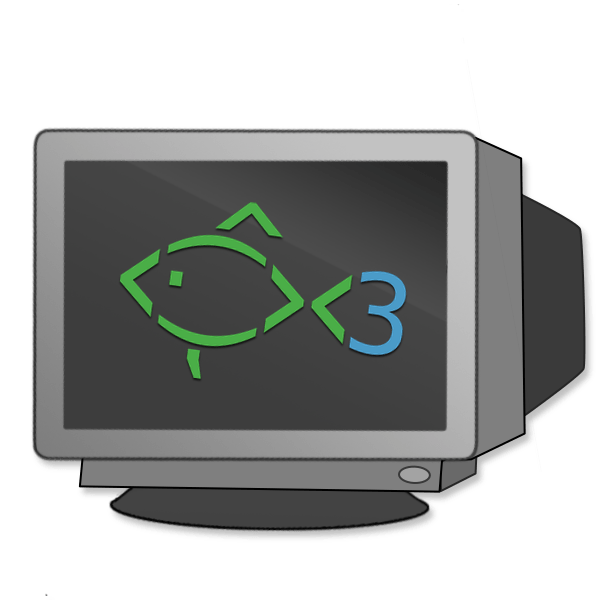#+OPTIONS: H:3 num:nil toc:2 \n:nil ::t |:t ^:{} -:t f:t *:t tex:t d:(HIDE) tags:not-in-toc broken-links:nil
#+STARTUP: align fold nodlcheck hidestars oddeven lognotestate hideblocks
#+SEQ_TODO: TODO(t) INPROGRESS(i) WAITING(w@) | DONE(d) CANCELED(c@)
#+TAGS: Write(w) Update(u) Fix(f) Check(c) noexport(n)
#+TITLE: Shell Code Blocks in Babel
#+AUTHOR: Matt Trzcinski
#+EMAIL: matt[at]excalamus[dot]com
#+LANGUAGE: en
#+HTML_LINK_UP: index.html
#+HTML_LINK_HOME: https://orgmode.org/worg/
#+EXCLUDE_TAGS: noexport
# TODO remove this
#+options: toc:nil
#+name: banner
#+begin_export html
Babel shell support, including: sh,
bash,
zsh,
fish,
csh,
ash,
dash,
ksh,
mksh, and
posh.





#+end_export
* Template Checklist [4/12] :noexport:
- [X] Revise #+TITLE:
- [X] Indicate #+AUTHOR:
- [X] Add #+EMAIL:
- [X] Revise banner source block [3/3]
- [X] Add link to a useful language web site
- [X] Replace "Language" with language name
- [X] Find a suitable graphic and use it to link to the language
web site
- [ ] Write an [[Introduction]]
- [ ] Describe [[Requirements and Setup][Requirements and Setup]]
- [ ] Replace "Language" with language name in [[Org Mode Features for Language Source Code Blocks][Babel Features for Language Source Code Blocks]]
- [ ] Describe [[Header Arguments][Header Arguments]]
- [ ] Describe support for [[Sessions]]
- [ ] Describe [[Result Types][Result Types]]
- [ ] Describe [[Other]] differences from supported languages
- [ ] Provide brief [[Examples of Use][Examples of Use]]
* Introduction
# - Brief description of language.
A shell is a user interface for interacting with system services.
File management, process execution, and operating system monitoring
can all be done with a shell. Many shells are plain text only whereas
some support graphics or are themselves fully graphical. Similarities
exist between shells and, though standards exist (such as
POSIX[fn:1]), there is no guarantee that what works in one shell will
work in another. Each shell is a separate application.
Shells often provide a programming language as well as access to
system utilities, such as the GNU Core Utilities[fn:2]. Users can
stitch utilities together or create their own.
# - Range of typical uses within Org Mode.
Org Babel lets users run commands[fn:3] in separate shells...
: #+begin_src sh :results output
: echo PID: $$
: #+end_src
:
: #+RESULTS:
: : PID: 9952
:
: #+begin_src sh :results output
: echo PID: $$
: #+end_src
:
: #+RESULTS:
: : PID: 9990
:
...or as part of a shared session.
: #+begin_src sh :results output :session shared
: echo PID: $$
: export X=1
: #+end_src
:
: #+RESULTS:
: : PID: 9742
:
: #+begin_src sh :results output :session shared
: echo PID: $$
: echo X was set to $X
: #+end_src
:
: #+RESULTS:
: : PID: 9742
: : X was set to 1
Shell blocks can run as standalone scripts or chained processes, be
tangled, use args, work with stdin, have shebangs, and more.
* Requirements and Setup
# - Installation and configuration of language software
Org Babel can run many different shells, including [[https://www.gnu.org/software/bash/][sh]], [[https://www.gnu.org/software/bash/][bash]], [[https://www.zsh.org/][zsh]],
[[https://fishshell.com/][fish]], [[https://www.grymoire.com/unix/csh.html][csh]], [[https://www.in-ulm.de/~mascheck/various/ash/][ash]], [[http://gondor.apana.org.au/~herbert/dash/][dash]], [[http://www.kornshell.org/][ksh]], [[https://www.mirbsd.org/mksh.htm][mksh]], and [[https://packages.qa.debian.org/p/posh.html][posh]]. The primary requirement is
that the shell be installed on the system.
# - Emacs configuration
# - Org-mode configuration (org-babel-do-load-languages)
Once the shell is installed on the system, the Org Babel shell
language facility must be set to load[fn:4]:
#+begin_example emacs-lisp
;; active Babel languages
(org-babel-do-load-languages
'org-babel-load-languages
'((shell . t)))
#+end_example
*NOTE:* This is all that's needed, regardless of the shell you intend
to use! The "shell" loads functionality for /all/ supported
shells. The car of =(shell . t)=, namely "shell", is the name of the
Org Babel module that handles it, =ob-shell.el=.
*NOTE:* The =ob-shell.el= module used to be named =ob-sh.el=. This was
changed in Org 8.2[fn:5].
* Babel Features for Language Source Code Blocks
** Header Arguments
- Language-specific default values
- Language-specific header arguments
** Sessions
- Support or not
- Typical use for sessions
** Result Types
- Which result types are supported?
** Other
- Differences from other supported languages
* Examples of Use
- Hello World!
- Common uses
- Links to tutorials and other resources
* Footnotes
[fn:1] https://opensource.com/article/19/7/what-posix-richard-stallman-explains
[fn:2] https://en.wikipedia.org/wiki/List_of_GNU_Core_Utilities_commands
[fn:3] https://www.gnu.org/savannah-checkouts/gnu/bash/manual/bash.html#index-_0024_0024
[fn:4] https://orgmode.org/worg/org-contrib/babel/languages/index.html#configure
[fn:5] https://git.savannah.gnu.org/cgit/emacs/org-mode.git/tree/etc/ORG-NEWS#n3995
#+begin_example
,* Version 8.2
,** Incompatible changes
,*** =ob-sh.el= renamed to =ob-shell=
This may require two changes in user config.
1. In =org-babel-do-load-languages=, change =(sh . t)= to =(shell . t)=.
2. Edit =local.mk= files to change the value of =BTEST_OB_LANGUAGES=
to remove "sh" and include "shell".
#+end_example